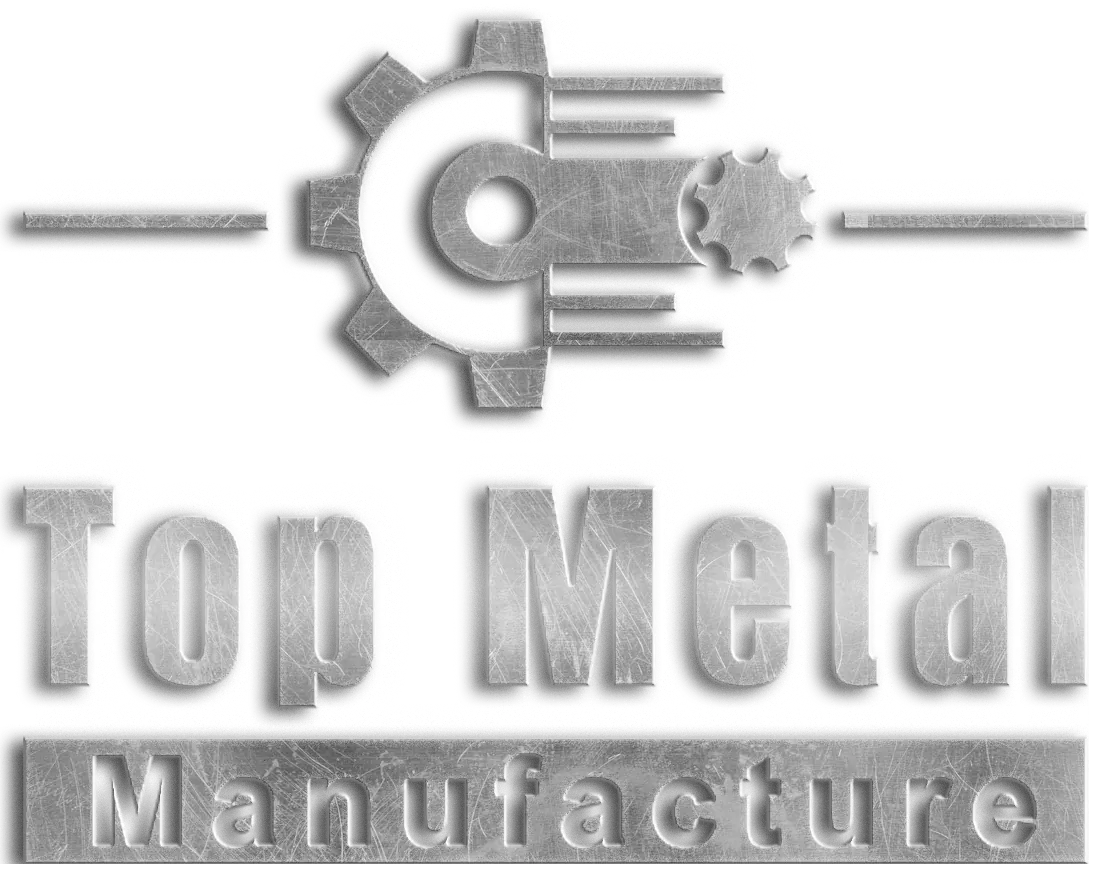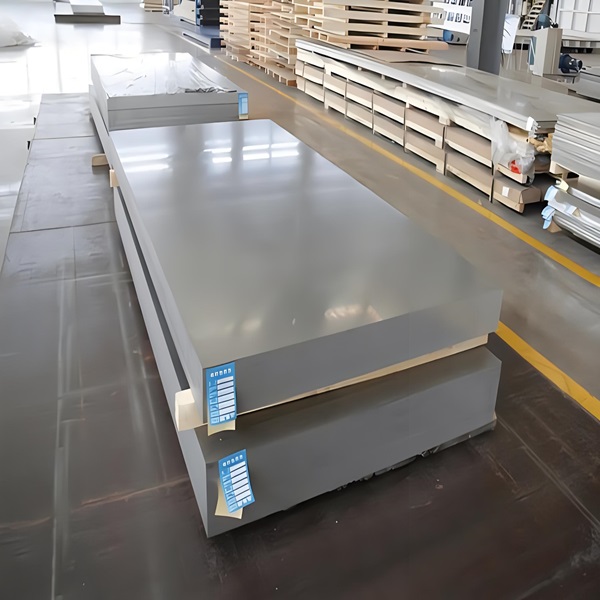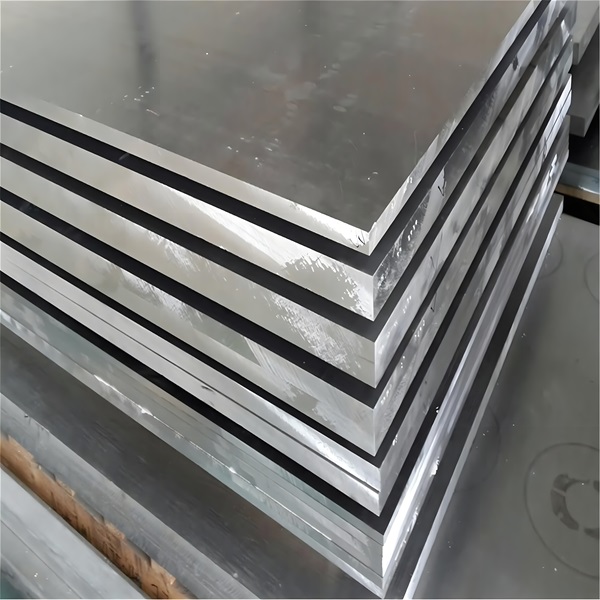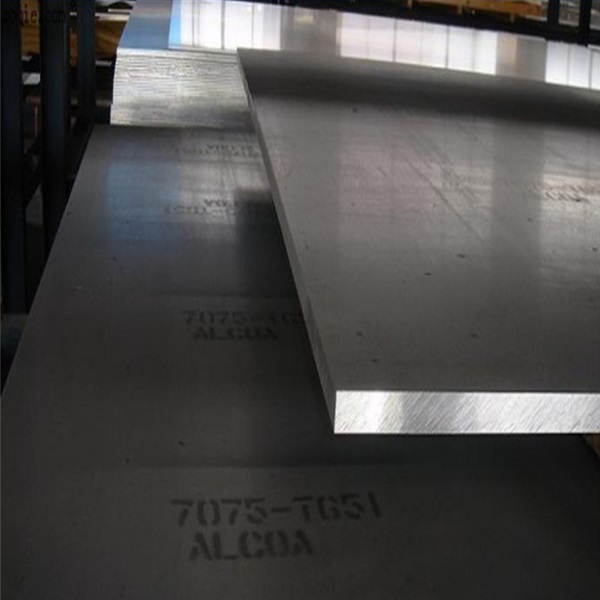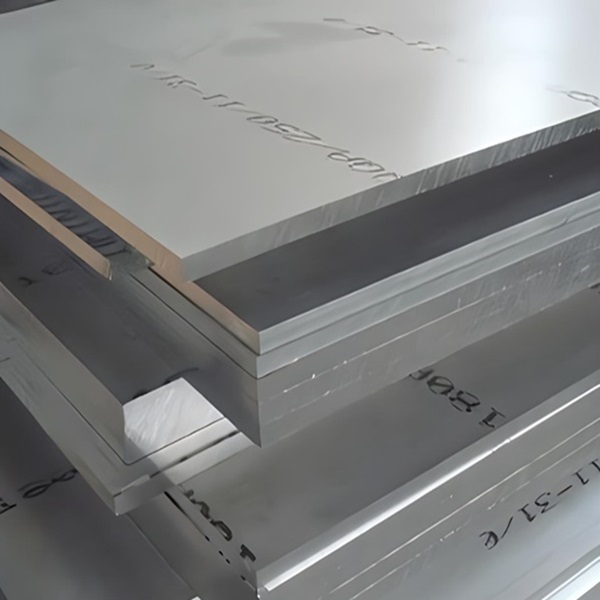Aluminum plate is a versatile material that is widely used in various industries, including marine applications.
One popular grade of aluminum specifically designed for use in marine environments is 5083 H111. This particular grade offers excellent corrosion resistance, strength, and weldability, making it ideal for marine structures and components.
5083 H111 marine grade aluminum plate is known for its high marine corrosion resistance, making it suitable for use in saltwater environments.
It also has exceptional strength and durability, making it an excellent choice for marine applications where the plate will be subjected to harsh conditions such as extreme weather, saltwater exposure, and high impact.
One of the key features of 5083 H111 aluminum plate is its weldability. This grade of aluminum can be easily welded using various methods, including arc and resistance welding, making it ideal for fabricating complex marine structures.
This weldability also allows for easy repair and maintenance of marine equipment and structures without compromising the integrity of the material.
In addition to its corrosion resistance and weldability, 5083 H111 aluminum plate is also lightweight, making it an excellent choice for marine applications where weight is a concern. Its lightweight nature allows for easier handling and installation of marine components while still providing the necessary strength and durability required for the application.
Overall, 5083 H111 marine grade aluminum plate is a reliable and cost-effective solution for marine applications that require corrosion resistance, strength, and weldability.
Its versatility and long-lasting properties make it a popular choice among marine engineers and designers looking to build durable and reliable marine structures and components.
Size of aluminum sheet
Thickness:0.2-6.0mm
Width:100-2400mm
Length:200-11000mm
Mother coil: CC or DC
Weight: About 2mt per pallet for general size
MOQ: 5 ton per size
Protection: paper inter layer, white film, blue film, black-white film, micro bound film, according to your requirement.
Surface: clean and smooth, no bright speck, corrosion, oil, slotted, etc.
Standard product: GBT3880, JIS4000, EN485, ASTM-B209
Delivery time: about 30days after receiving the deposit
Payment: T/T, L/C at sight
Trading terms: FOB, CIF, CFR
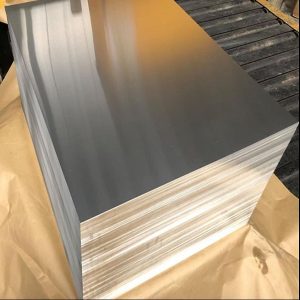
5083 aluminum Plate Vs 5086 aluminum sheet
When it comes to choosing between 5083 aluminum plate and 5086 aluminum sheet, it’s important to understand the differences between the two in order to make an informed decision.
Both of these aluminum alloys are popular choices for various applications due to their high strength and excellent corrosion resistance properties, but there are some key differences that set them apart.
5083 aluminum plate is known for its exceptional performance in extreme environments, making it ideal for marine and naval applications.
With a higher magnesium content than 5086 aluminum sheet, 5083 offers excellent resistance to saltwater corrosion, making it a popular choice for boat hulls, shipping containers, and other marine structures.
Additionally, 5083 is known for its high strength and excellent weldability, making it a versatile option for a wide range of applications.
On the other hand, 5086 aluminum sheet is also a high-strength alloy with good corrosion resistance, but it has a slightly lower magnesium content than 5083. This makes 5086 a more cost-effective option for applications where extreme corrosion resistance is not as critical.
While 5086 is still a popular choice for marine applications, it may not offer the same level of performance as 5083 in highly corrosive environments.
In terms of physical properties, both 5083 aluminum plate and 5086 aluminum sheet have similar tensile strengths and yield strengths, but 5083 tends to be slightly stronger overall.
Additionally, 5083 has a higher fatigue strength than 5086, making it a better choice for applications that require repeated stress cycles.
In conclusion, when choosing between 5083 aluminum plate and 5086 aluminum sheet, it ultimately comes down to the specific requirements of your application.
If you need the highest level of corrosion resistance and strength, 5083 may be the better option. However, if cost is a consideration and extreme corrosion resistance is not critical, 5086 may be a more practical choice. Either way, both of these aluminum alloys offer excellent performance and versatility for a wide range of applications.
